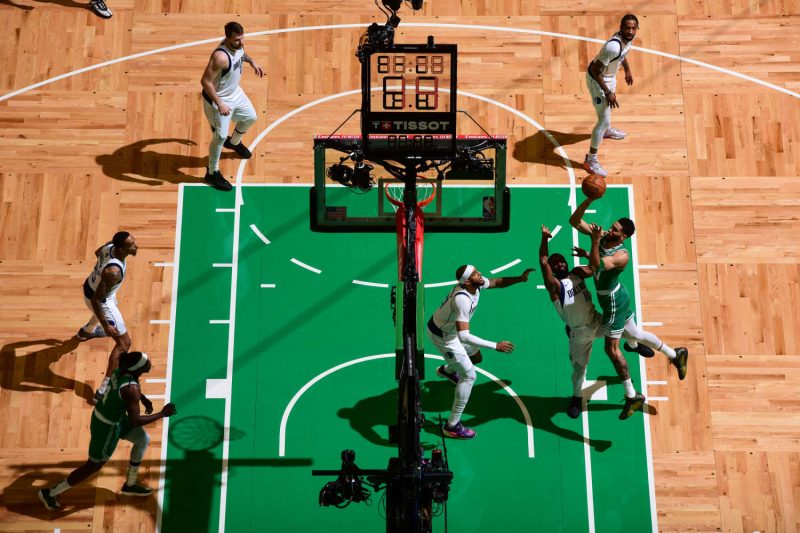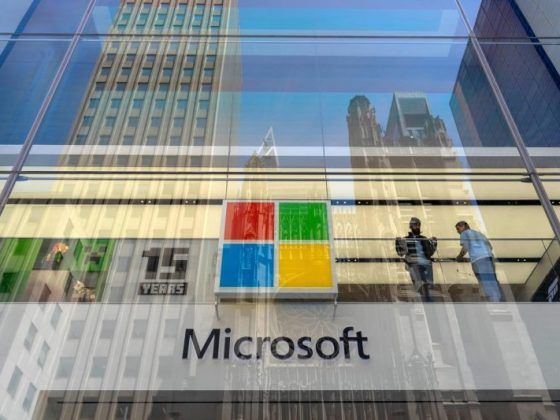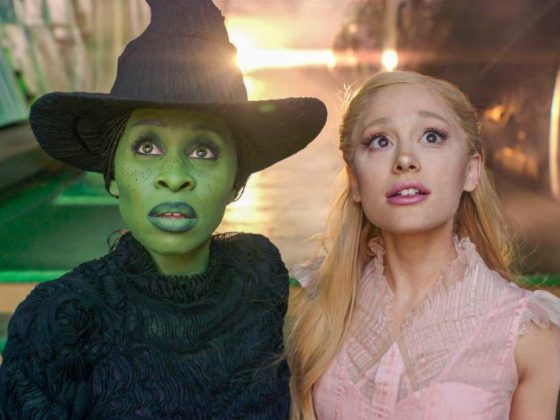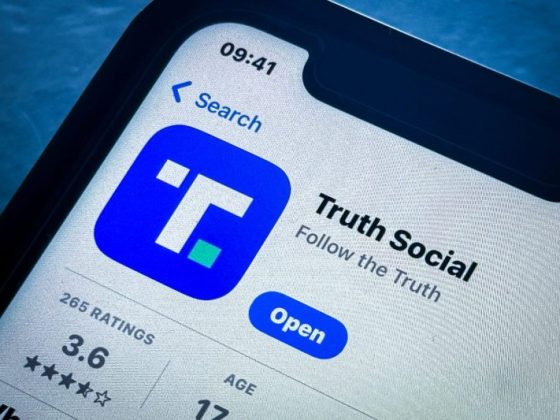Body of the Article:
Warner Bros. Discovery, now a unified powerhouse in the media and entertainment industry, has moved to court against the National Basketball Association (NBA) in a landmark lawsuit to secure exclusive media rights previously awarded to competitor, Amazon. This lawsuit marks a significant escalation in the ongoing feud between two heavyweights in their respective industries, and underscores the high stakes in the burgeoning world of streaming wars.
The bone of contention harks back to a deal approved between the NBA and Amazon in which a substantial portion of the live broadcasting rights were awarded to Amazon. Warner Bros. Discovery, nonetheless, claims illegitimate handling of the media rights bid, asserting that they were strategically overlooked for the deal in favor of Amazon.
Although Warner Bros. Discovery and the NBA have historically shared a longstanding partnership, with the entertainment company broadcasting several NBA games across its channels, this lawsuit throws a spin into the dynamic of their relationship.
Warner Bros. Discovery’s legal move intends to overturn Amazon’s purported exclusive agreement with the NBA, arguing that it harms competition and disregards the media company’s years of dedication to the NBA brand. Warner Bros. Discovery alleges an uneven playing field in the bid’s process, demonstrating that Amazon’s acquisition of the media rights is not only detrimental to their business but is essentially a broadcast monopoly.
A critical point of the lawsuit is Warner Bros. Discovery’s claim that it offers a more comprehensive portfolio for the NBA games compared to Amazon. The broadcasting giant believes it has a substantial, dedicated sports audience base and more extensive distribution channels. Moreover, it has established sports programming infrastructures, which Amazon, primarily an e-commerce platform, seemingly lacks.
It is also noteworthy that Warner Bros. Discovery has raised concerns about the potential implications of the Amazon-NBA deal for fans. The company is worried that this deal might restrict fans who don’t have access to Amazon’s streaming services from watching the games, thereby stifling the universal accessibility to this beloved sport.
Legal experts following the situation closely note that Warner Bros. Discovery’s suit poses intriguing questions about the fairness of competitive bidding for sports media rights in a rapidly evolving digital landscape. The case, if decided in favor of Warner Bros. Discovery, could potentially shake up the norms around media rights distribution, ushering in a wave of new legal and industry standards.
This lawsuit depicts the escalating tension between traditional media companies like Warner Bros. Discovery and tech giants embracing digital content distribution channels. With the increasing value attributed to media rights in the light of burgeoning online streaming platforms, the stakes and competition for these rights have soared dramatically.
The outcome of this lawsuit may have far-reaching implications on the future course of sports broadcasting, the streaming industry, and even the relationship shared between sports leagues and media companies. While the court’s decision is eagerly awaited, this case reflects the simmering complexities and power dynamics confronting today’s media rights landscape.











